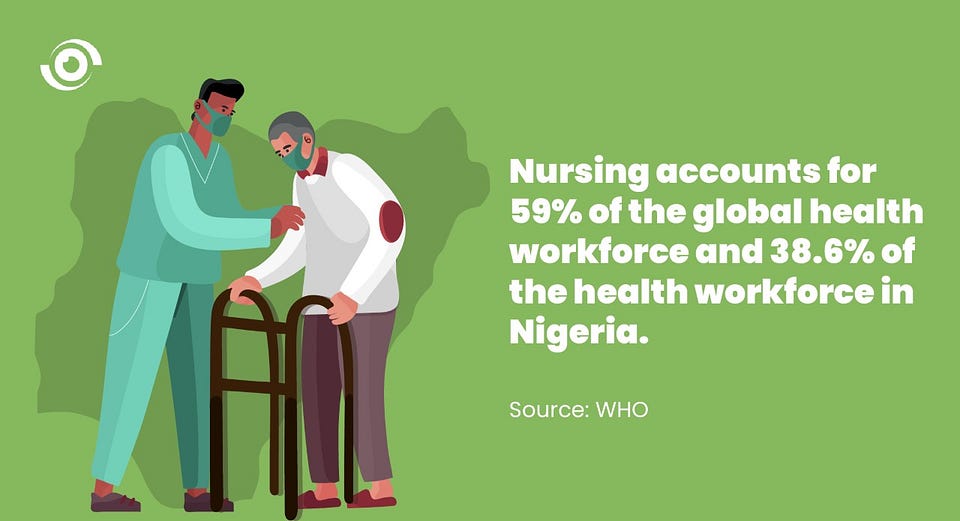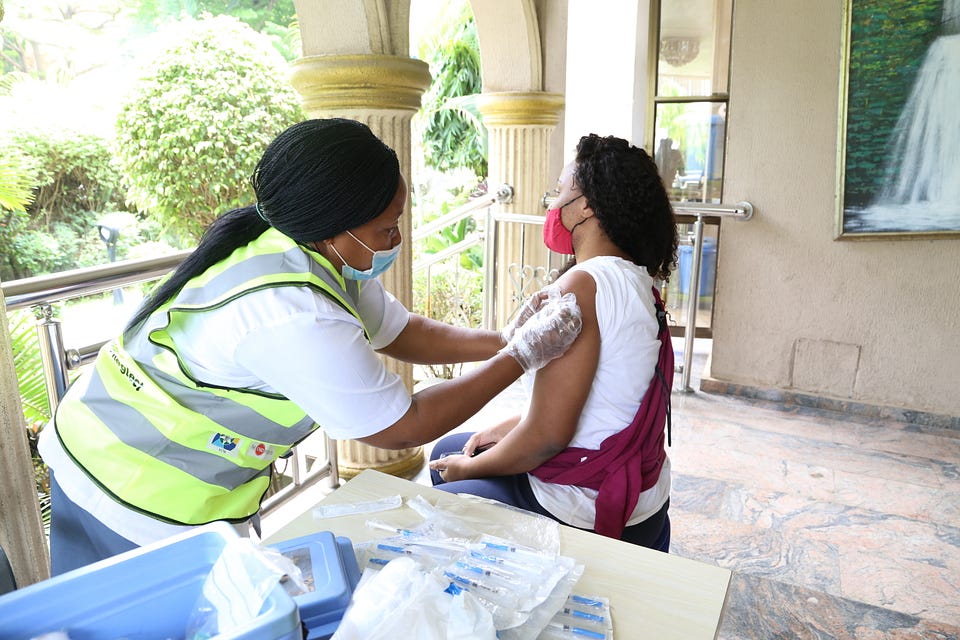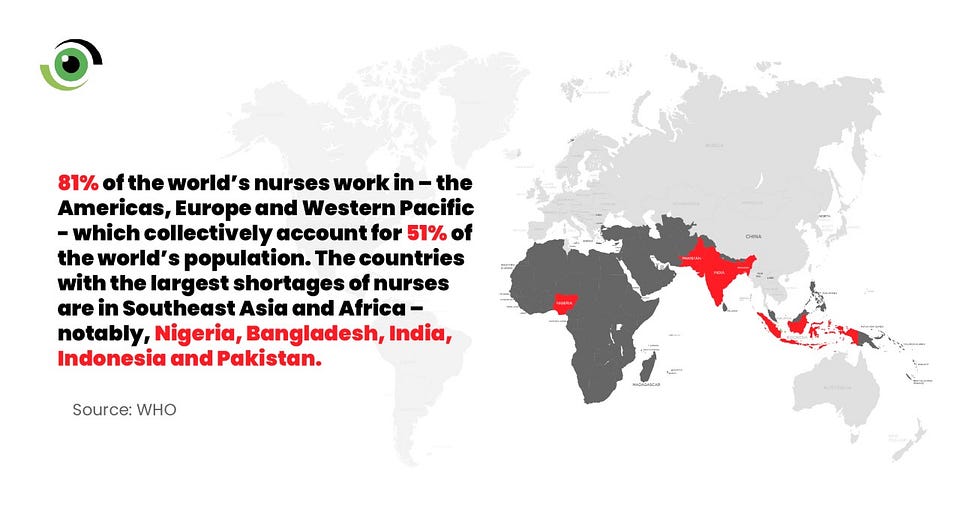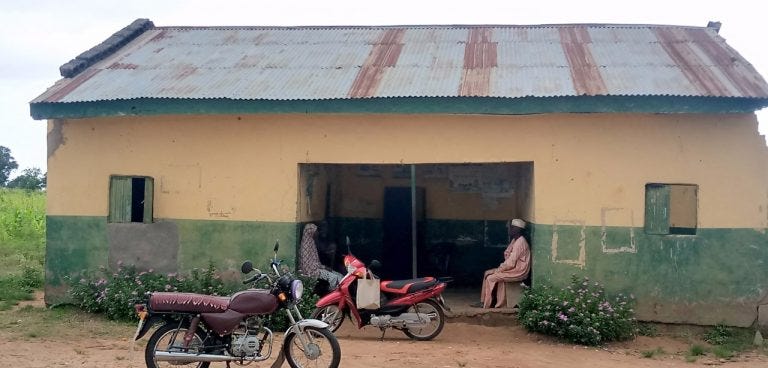“I heard that Thursday was World Nurses’ Day, I wish I’d known about it earlier, I would have called Nurse Grace to appreciate her. I gave birth six months ago and honestly, that woman was an angel. What didn’t she do for me? And it wasn’t just me, I saw that she was caring to other patients, and everybody looked forward to her shift. I wish her well.” Mrs Joy I.
May 12 is set aside every year to honour nurses for their contribution to public health and wellbeing. Nursing accounts for 59% of the global health workforce, making it the largest occupational group in the health sector. This is predictable as nurses are often the first and sometimes the only health professional that people see. At 38.6%, nurses make up the largest health workforce in Nigeria.

The theme for the 2022 International Nurses’ Day was, “Nurses: A Voice to Lead — Invest in nursing and respect rights to secure global health” and we can’t think of a better time to discuss the need to protect, support and invest in the nursing profession.

Looking at the data
International Nurses’ Day is observed to also raise awareness about the challenges they deal with. The nursing workforce faces challenges common to all health occupations, including inadequate numbers, inequitable distribution and retention, quality education, effective regulation, conducive working conditions. However, there are challenges that are specific to the nursing profession, including issues of gender bias, policy, regulation, and varied levels of education and practice roles.

The State of the World’s Nursing report 2020 revealed that about 81% of the world’s nurses work in three regions — Americas, Europe and Western Pacific — which collectively accounts for 51% of the world’s population. The countries with the largest shortages of nurses are in Southeast Asia and Africa — Nigeria, alongside Bangladesh, India, Indonesia and Pakistan, account for the largest shortages (in numerical terms).

At last count in 2018, globally, there were about 28 million nurses. This number is projected to increase to approximately 36 million in 2030. Seventy percent of this increase is expected to occur in upper middle- and high-income countries and not in low- and lower middle-income countries where the gaps are greatest.
In Nigeria, the impact of under-investment in Human Resources for Health (HRH) is largely felt at the Primary Health Care (PHC) level. Health workers posted to rural facilities often have to deal with staffing problems, poor infrastructure and equipment and inadequate training and support. Since nurses are often the first face that patients see in health facilities, it is crucial that these issues are addressed to attain better maternal and other health outcomes in Nigeria. WHO Director-General Tedros Adhanom Ghebreyesus said in a statement, “Nurses are the backbone of the health system”. Speaking at the primary health care summit in March 2022, the Chairman, Senate Committee on Health, Senator Ibrahim Oloriegbe said, “We cannot get healthcare right without addressing the issue of human resources”. It is therefore important to invest in the nursing workforce to best address national health priorities.

What do Nurses in Nigeria want?
A clear understanding of the needs and priorities of the nurses can help policy makers properly prioritise investment in the nursing profession as the gains are easily recognisable. President, National Association of Nigerian Nurses and Midwives (NANNM), Mr. Nnachi Michael, highlighted their wants as follows:
- Involve nurses and midwives as policy and decision-makers.
- Provide decent work environments for quality service delivery.
- Provide life insurance packages for nurses who die as a result of work-related hazards.
- Invest in in the nursing workforce and consider a special salary package for nurses, to address brain drain in the country.
- Replace retired nurses immediately after they retire to maintain a stable health work force.
- Employ more nurses and midwives to improve the workforce and reduce maternal and child morbidity and mortality rates in the country.
- Implement the outcome of the 2-day ‘Nurse, Leaders and Stakeholders workshop on the State of the World’s Nursing Report: A strategic roadmap for the improvement of Nursing and Midwifery services in Nigeria’ — as directed by the WHO.

Nurses are an invaluable resource that must be invested in if we must strengthen global health systems towards achieving Universal Health Coverage (UHC). Investing in nurses will help achieve health for all as this will ensure an abundance of well-trained and well supported nurses, who receive the recognition commensurate with the services and quality of care that they provide.


